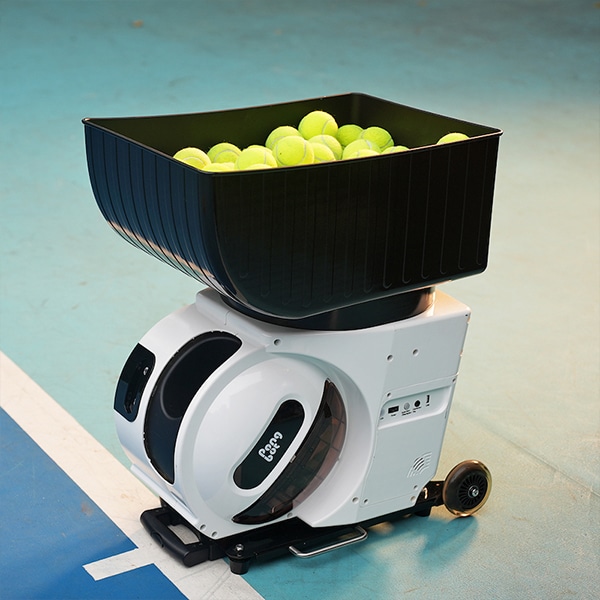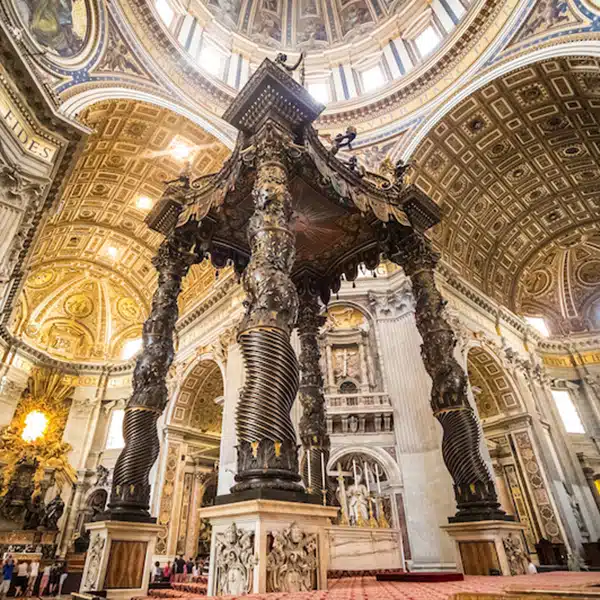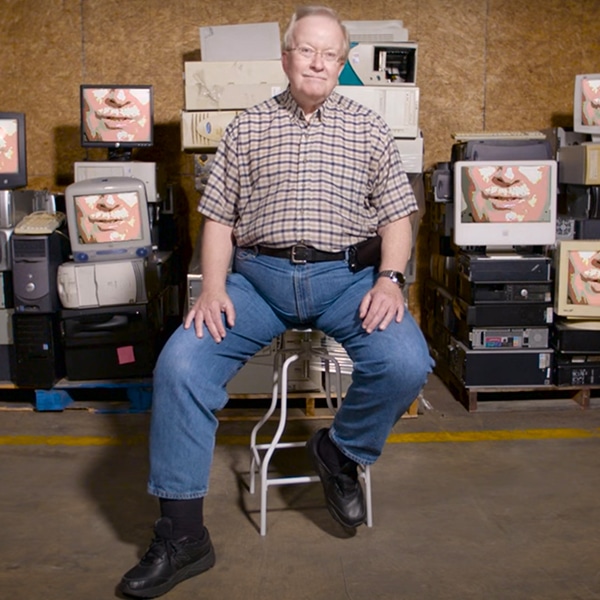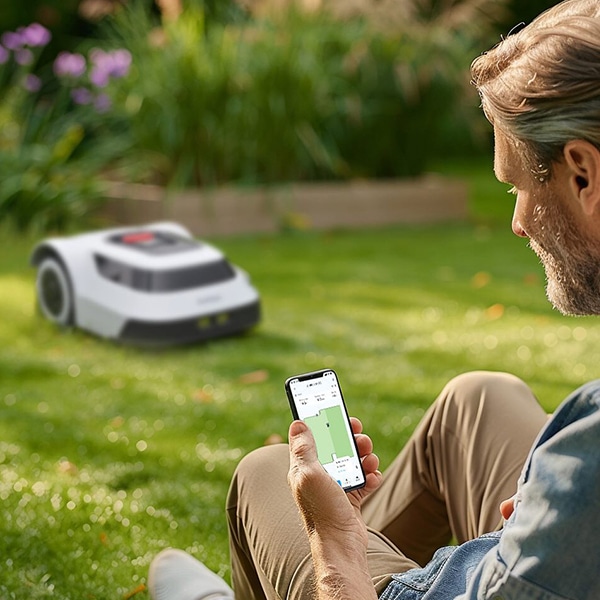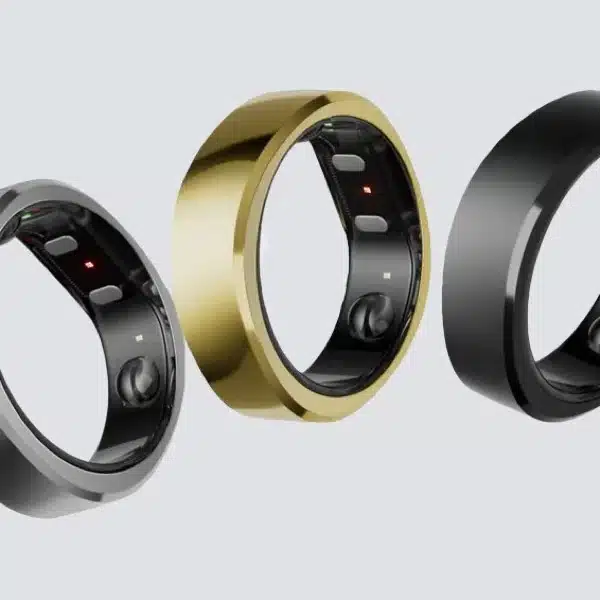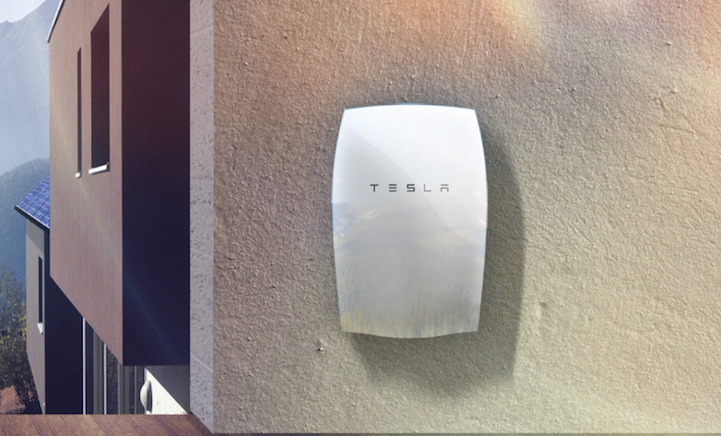
On April 30, Tesla CEO Elon Musk announced the Powerwall home battery system, his company's newest and highly anticipated product. It charges by using electricity generated from solar panels, or when utility rates are low, and powers your house in the evening. The response to the Powerwall was staggering – Tesla is reporting that they've already sold out of their batteries through mid-2016. On an investor earnings call on May 6, Musk said that the demand, at that point, translated into 38,000 reservations for home batteries and 2,500 reservations for larger commercial-scale batteries. According to Bloomberg, that could book $800 million in revenue if all who reserved went on to buy the product.
The Powerwall uses a lithium ion battery and is completely automated with an easy install and no maintenance. Multiple batteries can be placed in homes if need be. So, what does this mean for the energy industry? The sustainable, eco-friendly practice has seemed to captivate consumers with the promise of detaching from the current power grid. It means they can achieve their own energy independence with the help of Tesla's innovation.
The massive amount of reservations means that the company will have to expand its Gigafactory, a five-million-square-foot battery factory that's now under construction in Nevada. (It's slated to open next year.) They might even build another one, because the current Gigafactory won't be large enough to meet demand.
At this time, it's easy to reserve the Powerwall home battery. You simply fill out a quick online form that doesn't require a credit card or down payment. According to Tesla's website, they will start making deliveries this summer. The system will cost $3,000 to $3,500 once it hits the market.
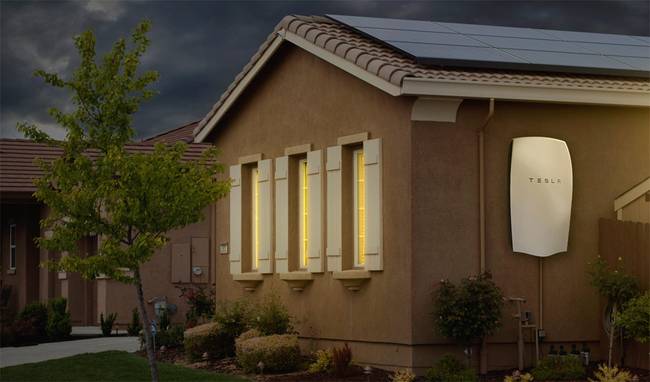

Tesla Powerwall website
via [Bloomberg, Inhabitat, and TreeHugger]











































































